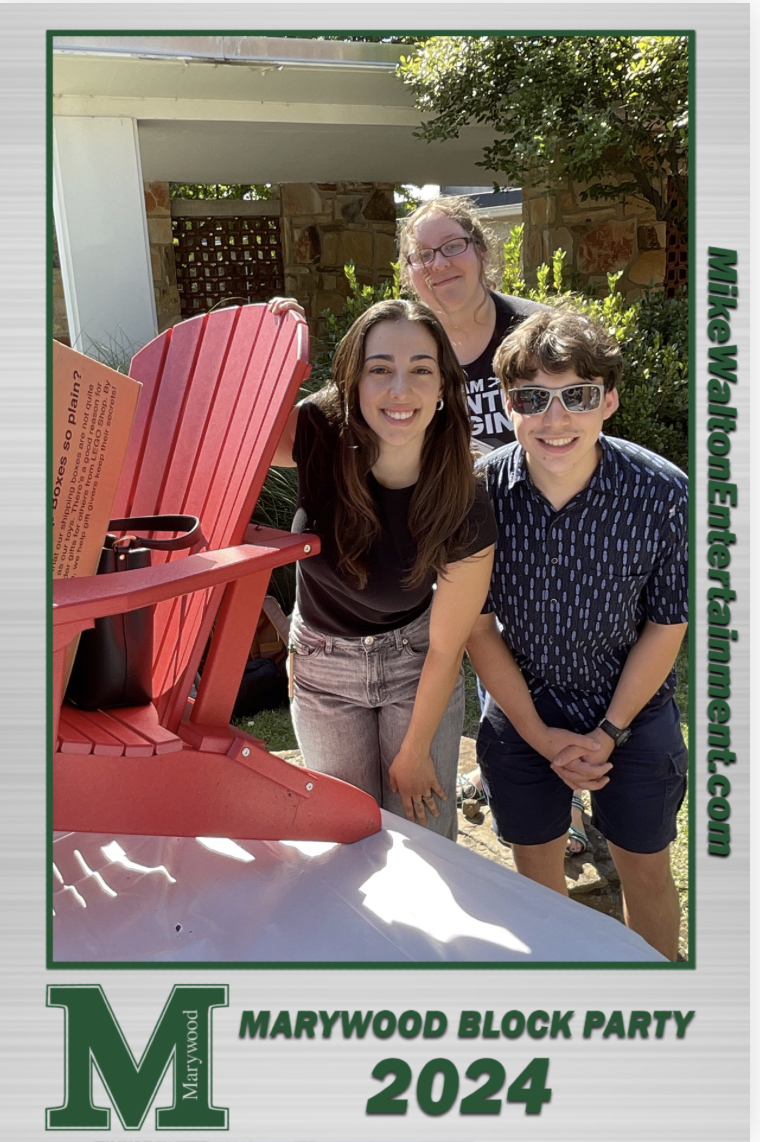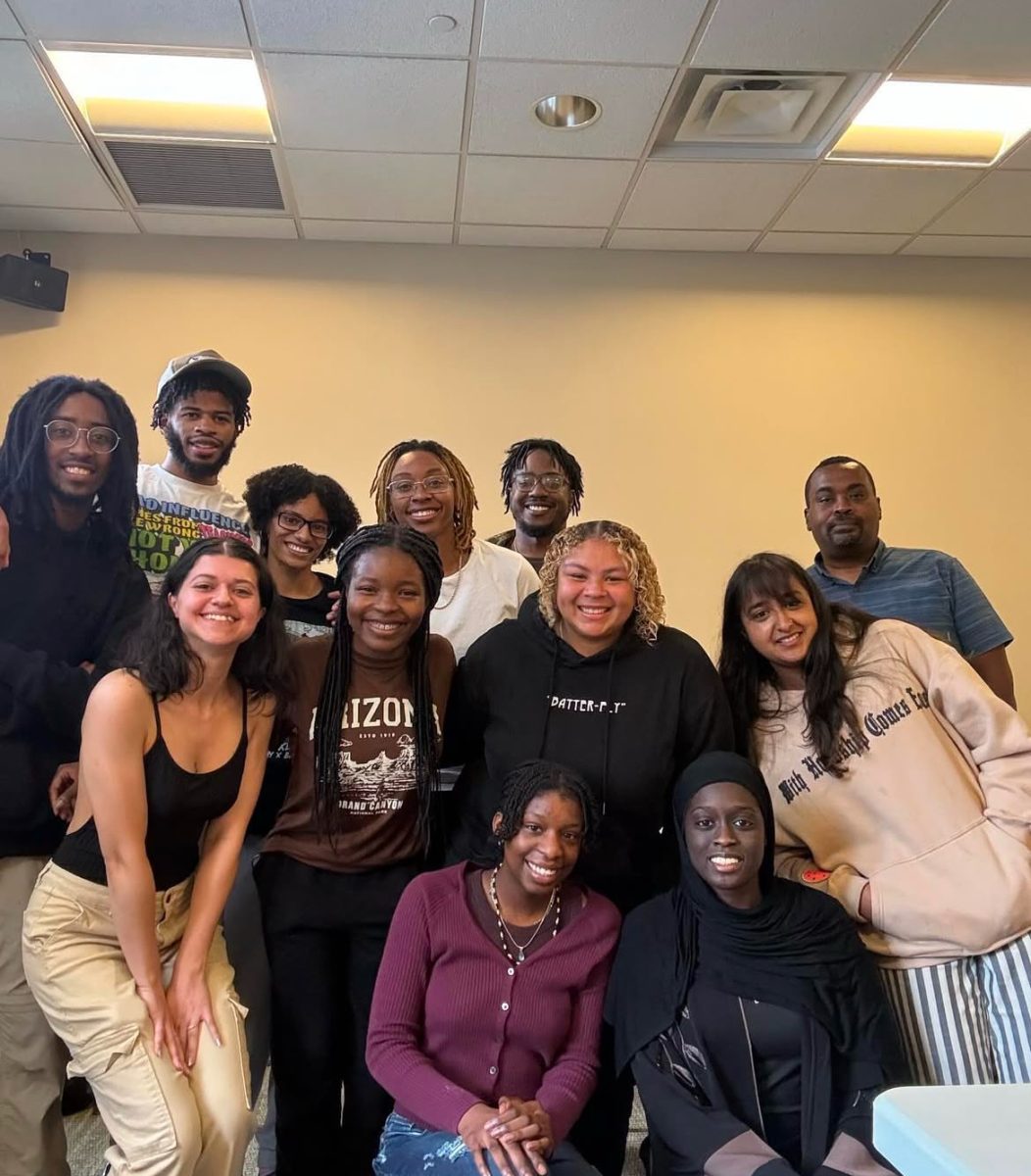Dr. Barbara Parker-Bell, assistant professor of art, recently shared her knowledge of art therapy with Siberians at Tomsk State University. There, she is a visiting professor of art therapy and cross-cultural communications of Tomsk University.
Parker-Bell explained that this means she has official professor status at Tomsk.
“It’s in some ways an honor, but it will also open doors,” she said.
She went on to explain that because of this position, she may in the future have an opportunity to be a “guest employee” at Tomsk.
Parker-Bell’s first trip to Siberia was in 2010. With two additional trips since then, she plans to return sometime within the 2014-2015 academic year.
“This all started when I was able to mentor and help facilitate one of the faculty members [Dr.Tatiana Vaulina] as a Fulbright Scholar for a year, and in talking to her I learned how limited their understanding of art therapy was. […] So it was exciting to share that information.”
Parker-Bell explained that her goal is to create a collaboration between art therapy and psychology within their two halves of the world. She would like to create “a cross cultural relationship.”
Vaulina, an associate professor of psychology and coordinator of international projects in the psychology department at Tomsk State University, helped to facilitate the psychology aspect of Parker-Bell’s goal. She shared through email that during her visit to Marywood during the 2008-2009 academic year, she was able to gain new knowledge about psychology and art therapy in the USA.
She explained that in Russia, there is no special degree or program for art therapy because it is actually a part of psychology practices, while in the USA it is an independent area of study.
“Art therapy is relatively new in Russia.[…] Dr.Barbara Parker-Bell makes her valuable contribution to the development of the interest and understanding of the possibilities of art therapy in real practice,” she said. “Art therapy has unlimited possibilities.[…] Art is a unique international language that can be spoken and understood without knowing foreign languages.”
Vaulina explained that having an international communication between Marywood and Tomsk is so important because it allows both schools a chance to develop new personal and professional skills, to increase interest in different cultures and systems of education, and to also plan together joint educational and research activities.
Parker-Bell explained that her work in Siberia consisted of speaking at conferences, providing master’s workshops to students and “to explore a little bit.”
She encouraged students to explore outside of their comfort zone. “I had no idea what it would be like when I went or how I would be received and it is amazingly different in a lot of ways, but it is worth the adventure. […] If I inspire anyone to go that would be wonderful.”










